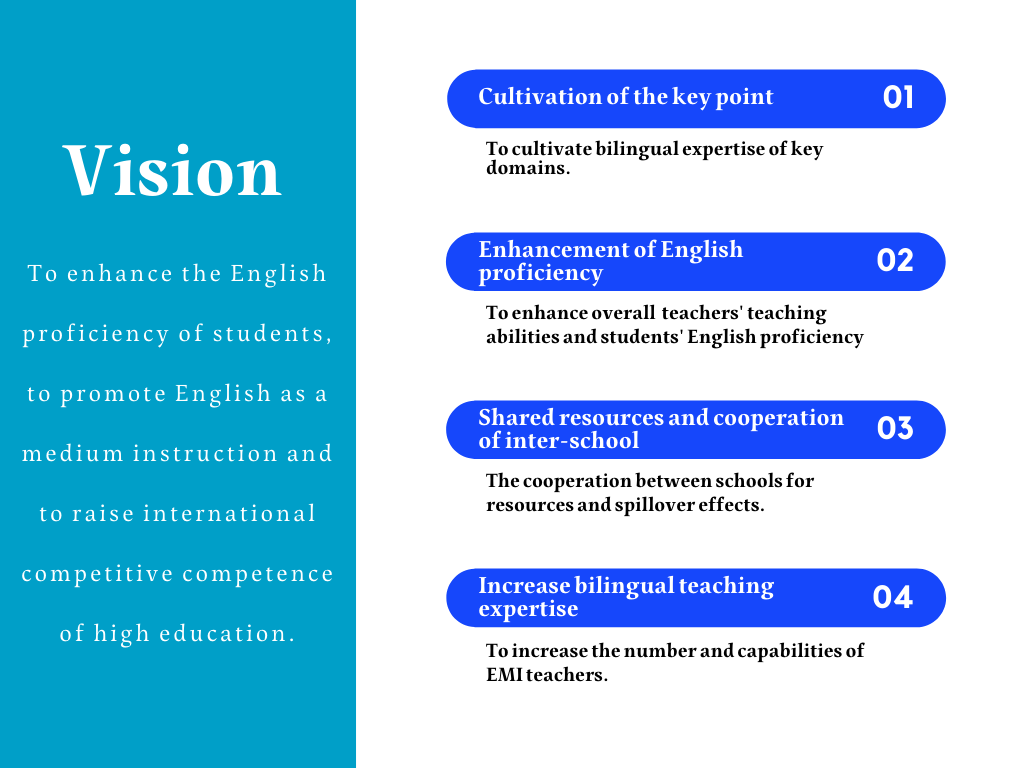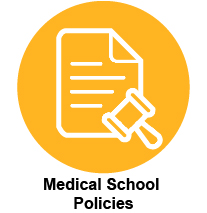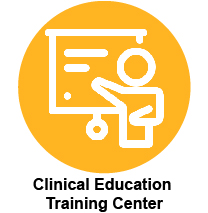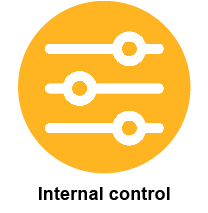The Program on Bilingual Education for Students in College - Key Cultivation College
College of Medicine, Kaohsiung Medical University
EMI, or English-Medium Instruction, refers to educational courses offered by non-English speaking institutions in which 100% of the content delivery, teacher-student interactions, learning materials, academic support, learning outcomes presentation, and assessment are conducted in English.
The College of Medicine is designated as a "Key Development College" of the Program on Bilingual Education for Students in College (the BEST Program). The program spans five years and is divided into two phases. The first phase is executed from the academic year 2021 to the academic year 2022, while the second phase spans from the academic year 2023 to the academic year 2025.
To effectively implement EMI strategies, ensure the quality and execution efficiency, a task-oriented university-level unit called the "Bilingual Teaching Promotion Resource Center" has been established. Furthermore, the College has set up a college-level EMI Promotion Committee to oversee EMI developments and policy making. Under the committee, there are six execution teams: "Curriculum Planning Team", "Faculty Training Team", "Digital Material Team", "Faculty Incentives Team", "Student Incentives Team", and "Quality Assurance Team.”
The Program on Bilingual Education for Students in College - Introduction
Reference: https://reurl.cc/V4EWry
Facing the waves of globalization, English is currently the most significant language used in international communication. How to build a bilingual environment based on policies to improve the competitiveness of talents and industries in Taiwan is the key element to connect to the international stage for Taiwan.
The Ministry of Education (MOE) will focus on the target of strengthening students’ English proficiency in higher education in response to the bilingual policy blueprint, prioritize the establishment of the bedrock for students’ English learning, and provide lectures regarding knowledge in different professional fields (including professional programs for economics, engineering, medicine, business, culture and etc.) by using English as a medium of instruction to assist universities and colleges in pushing forward“EMI” on a certain level of English proficiency, so as to build a bilingual teaching and learning environment for universities and colleges, and in turns improve the English proficiency of students in higher education and the international competitiveness of universities in Taiwan.
The program aims to adopt focused development to nurture professional bilingual talents in professional fields, reinforce the overall teaching abilities of teachers and English proficiency of students in universities and colleges through generalized enhancement, increase teachers and teaching materials through sharing and collaboration, and create a bilingual environment to further realize the policies, and in turns improve issues related to organization, teachers, and students faced by universities and colleges in implementation at present, achieving the prospect of a bilingual nation.
Vision and Policy Objectives
The “Blueprint for Developing Taiwan into a Bilingual Nation by 2030” demonstrated two main policy objectives of “cultivating people’s English proficiency” and “elevating national competitiveness”.
I. Cultivating people’s English proficiency:
Optimizing English learning platforms and media resources, strengthening bilingual education systems, and comprehensively strengthening people’s soft power for employing English in listening, speaking, reading, and writing.
II. Elevating national competitiveness:
Strengthening Taiwan’s industrial competitiveness, providing people with quality job opportunities, and elevating Taiwan’s economic development. The target of “Focused Development” is to cultivate bilingual professionals, while the target for “Generalized Enhancement” is to comprehensively raise the English teaching abilities of teachers and the English proficiency of students in universities and colleges. “Bilingual Talents Recruitment” and “Sharing and Collaboration” aim to reinforce the implementation of the policies through the expansion of faculties and the creation of a bilingual environment.
Promotion Strategy
The promotion strategy shall take “EMI courses in higher education” as a core focus. With the foundation of promoting EMI in Taiwan mentioned above, the program overally examines the difficulties related to promotion practices in the past and consider the promotional momentum of schools.
Through the four major strategies:
“Strategy 1 – Focused Development,” which establishes beacon schools and beacon colleges to set examples to be learned from by schools in developing EMI teaching.
“Strategy 2 – Generalized Enhancement,” which assists non-beacon schools or colleges to progressively establish on-campus EMI support systems and English proficiency resource systems for students.
“Strategy3 – Bilingual Talents Recruitment,” which recruits international teaching personnel with overseas EMI teaching experiences to advance the quality and performance for EMI courses implemented by schools.
“Strategy 4 – Sharing and Collaboration,” which assists schools in establishing a comprehensive bilingual learning environment through recruiting talents, developing regional centers for EMI resources, providing EMI online course modules, and adopting credit recognition systems, the program aims to gradually improve students’ English proficiency.
Reference:
The Program on Bilingual Education for Students in College, MOE Website:https://reurl.cc/V4EWry
University-level Bilingual Teaching Promotion Resource Center, KMU:https://reurl.cc/DogOGE
About EMI, Office of Academic Affairs, KMU:https://reurl.cc/OpZ4r7











